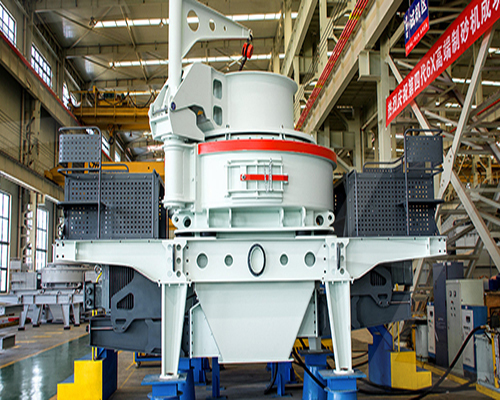Germany is known for its high-quality engineering and manufacturing, particularly in the field of industrial machinery, including ball mills for grinding calcium carbonate (CaCO₃). German-made ball mills are widely used in industries such as paints, coatings, plastics, rubber, paper, and construction due to their precision, durability, and efficiency.
Leading German Manufacturers of Ball Mills for Calcium Carbonate:
1. NETZSCH-Feinmahltechnik GmbH
– Specializes in wet and dry grinding solutions.
– Offers agitator bead mills and advanced fine-grinding systems.
– Website: [www.netzsch-grinding.com](https://www.netzsch-grinding.com)
2. Hosokawa Alpine AG
– Provides high-performance ball mills and classifier systems.
– Known for the Alpine SO Super Orion Ball Mill, ideal for ultrafine grinding of CaCO₃.
– Website: [www.hosokawa-alpine.com](https://www.hosokawa-alpine.com)
3. Retsch GmbH
– Produces laboratory and production-scale ball mills (e.g., Planetary Ball Mills).
– Suitable for research and small-scale production of fine calcium carbonate powders.
– Website: [www.retsch.com](https://www.retsch.com)
4. Gebr. Pfeiffer SE
– Specializes in vertical roller mills (MPS series) for large-scale CaCO₃ grinding.
– Energy-efficient solutions for industrial mineral processing.
– Website: [www.gebr-pfeiffer.com](https://www.gebr-pfeiffer.com)
5. Siemens (Siemens Process Industries & Drives)
– Provides drive solutions and automation for ball mills in mineral processing plants.
 Key Considerations When Choosing a German Ball Mill for CaCO₃ Grinding:
Key Considerations When Choosing a German Ball Mill for CaCO₃ Grinding:
– Grinding Fineness: German mills can achieve particle sizes from coarse (>10 µm) to ultrafine (<1 µm).
– Wet vs. Dry Grinding: Some mills specialize in wet grinding (e.g., NETZSCH), while others focus on dry processes (e.g., Hosokawa Alpine).
– Energy Efficiency: German engineering emphasizes low energy consumption with high throughput.
– Automation & Control: Advanced PLC systems ensure consistent product quality.
 Applications
Applications





Leave a Reply